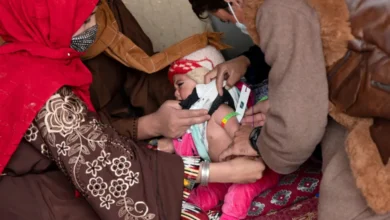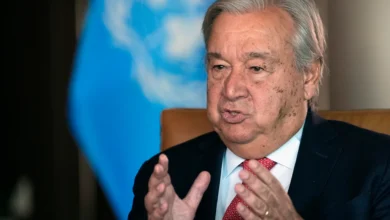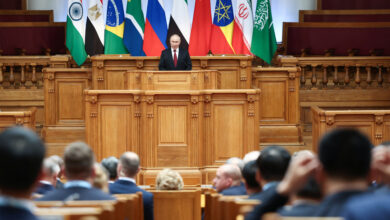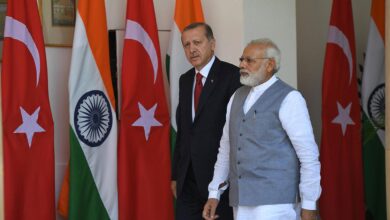Saudi Arabia appointed to chair UN Forum of Women Rights and gender equality
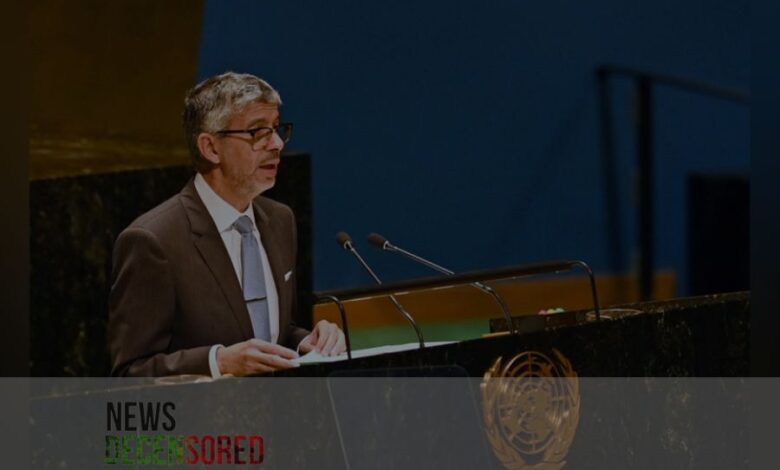
The United Nations’ decision to appoint Saudi Arabia as the chair of the Commission on the Status of Women (CSW) for its 69th session in 2025 has sparked a firestorm of criticism from human rights organizations. This appointment, with Saudi Ambassador Abdulaziz Alwasil taking the helm, has cast a harsh spotlight on the ongoing tension between Saudi Arabia’s stated goals of women’s empowerment and its well-documented history of discrimination against women.
Women’s rights advocates, like Sherine Tadros, Deputy Director for Advocacy at Amnesty International, have decried the decision. Tadros pointed out the vast discrepancy between the aspirations of the CSW and the reality faced by women in Saudi Arabia. She emphasized that a leadership role within the commission isn’t enough; Saudi Arabia needs concrete domestic actions to demonstrate its commitment to women’s rights.
Human Rights Watch echoed these concerns, highlighting Saudi Arabia’s documented record of systematic discrimination against women and persecution of activists fighting for their rights.
Despite the criticism, Saudi Arabia maintains its commitment to working with the CSW to advance women’s rights. The state-run Saudi Press Agency (SPA) released a statement emphasizing the kingdom’s interest in collaborating with the international community on this crucial issue. The statement also cited “Saudi Vision 2030,” a government initiative aiming for a stronger, more stable Saudi Arabia with opportunities for all, including women. The SPA further noted that “Vision 2030” prioritizes women’s full participation at all levels, leveraging their potential for the country’s advancement.
The appointment of Saudi Arabia to lead the CSW has ignited a debate. While the Saudi government expresses dedication to women’s empowerment, human rights organizations remain skeptical until they see concrete domestic reforms that translate stated goals into tangible progress for women in the kingdom.
Previously this month, A planned visit to Saudi Arabia by a US delegation focused on religious freedom was abruptly cut short after an incident involving a religious head covering.
The delegation, representing the US Commission on International Freedom (USCIRF), was on an official tour of Diriyah, a UNESCO World Heritage Site and the historical seat of the Saudi royal family. According to a USCIRF statement released Monday, Rabbi Abraham Cooper, the commission’s chairman, was asked by Saudi officials to remove his kippah, a traditional Jewish head covering.
Despite efforts by US embassy staff to explain Cooper’s “polite but resolute refusal,” the delegation was escorted from the site. The USCIRF statement emphasized that Cooper sought to avoid confrontation and that his decision stemmed from his religious observance.
Saudi Arabia responded to the incident on Wednesday, calling it an “unfortunate misunderstanding of internal protocols.”

